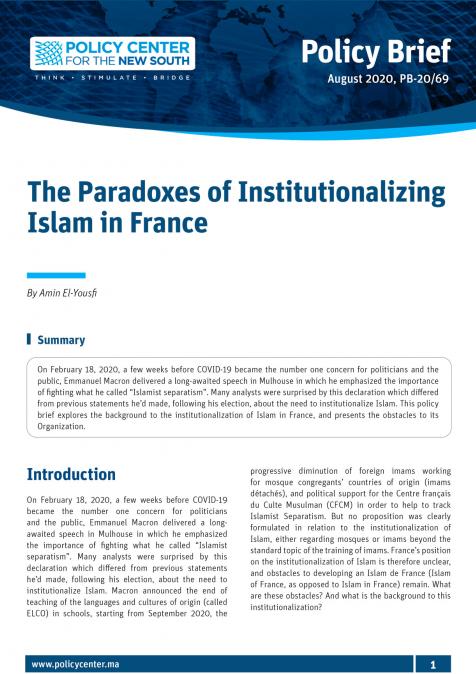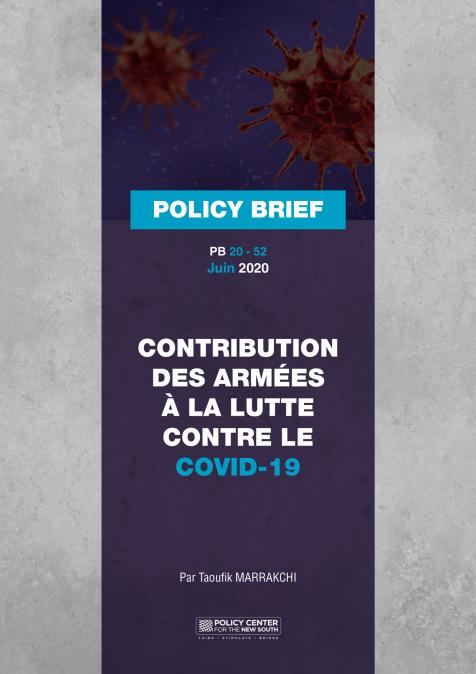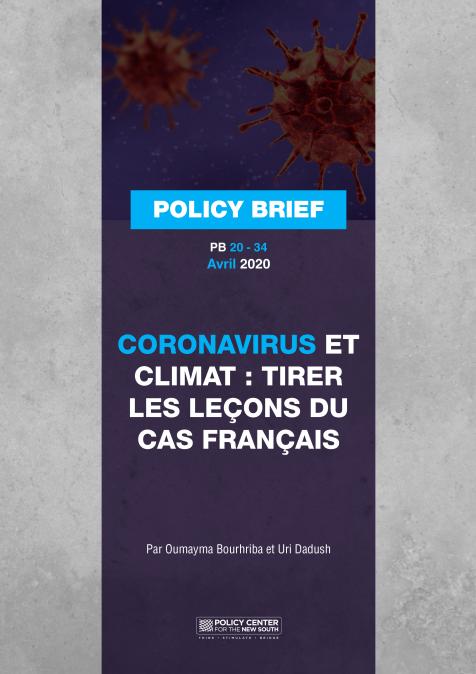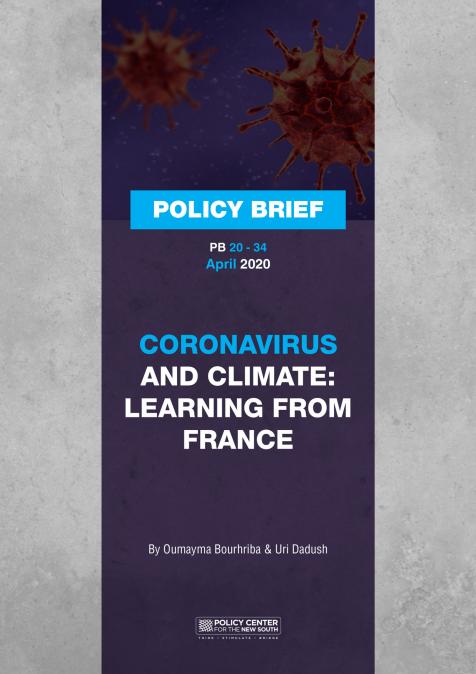Publications /
Opinion
In 2019, the World Economic Forum Annual Meeting in Davos convened under the theme of “Globalization 4.0”, highlighting the need for a renewed global governance system that will leave no one behind. The perspectives of civil society were crucial to make the meeting meaningful and inclusive. My role as Acting Head of Civil Society Communities is to ensure leaders from NGOs, unions, faith-based organizations and religious groups leverage the Forum platform to advocate for sustainable and diverse societies and strengthen their role in public-private cooperation as well as come prepared with a crisp message to highlight societal issues on the global agenda.
In the past, their participation resulted in strong shifts in policy-making and incubation of new impactful initiatives such as United for News, an initiative working to transform the media and ensure citizens benefit from high-quality, local news and information. I wanted to highlight the moments that made me proud to work with such a vibrant community and share the stories that are in my eyes the most impactful:
1) As we are taking stock of the rise of the #MeToo movement, I was very touched to see Dr Denis Mukwege, Nobel Peace Laureate 2018, share his outstanding fight against the use of rape as a weapon of war. Violence against women needs to be addressed by breaking the silence around it. Data shows that less than 40 per cent of the women who experience violence seek help1 . As I was listening to Dr Mukwege, I could only hope that this figure would radically increase and that more women could find the courage and strength to stand up to seek justice. Dr Mukwege campaigned fiercely against the use of rape as a weapon a war throughout his career and in Davos. By integrating psychological support, legal assistance and socio-economic support in existing treatment in the Democratic Republic of the Congo, he transformed the way the world understands the impact of violence against women.
2) In the last years, Davos enabled many to share their vision of a tech-enabled future. This year I felt there was a stronger gloomy nuance to technological advances. This is vital as we see increasingly the threat that technology can pose on human rights. Let’s look at Artificial Intelligence and its subset Machine Learning. Its application for credit ratings or screening job applicants reinforces structural bias and discrimination against certain groups, often of the most vulnerable people in society. Deliberate or not, those harms lead to violations of human rights and a widening inequality gap among populations. I was reassured to hear increasingly a narrative that encourages to apply a human rights lens to scrutinize emerging technology and a greater awareness that regulating technology will lead to transparency, responsiveness, and enforcement. NetHope is a great example of a membership-based NGO who is pioneering innovation in the social sector and is constantly challenging the way civil society approaches technology by growing the internal capacity of its members through training and designing and implementing technology-enabled responses that improve their work.
3) Gary Haugen, Chief Executive Officer, International Justice Mission, said: “Breakthrough happens when a corporation stands up and says, ‘We’re not perfect. We’re working on it, but we have a problem.’ From there, we can work together to end modern slavery.” According to a report from the International Labour Office (ILO)2 , in 2016, there were likely to be more than 40.3 million men, women, and children who were being forced to work against their will under threat or who were living in a forced marriage that they had not agreed to. I am very passionate about decent labour and I was very hopeful to see a renewed and sincere commitment from large corporations to address issues of modern slavery and find more data-driven approaches in monitoring their supply chains. Indeed, greater use of data will help align existing efforts and create more robust legislation.
4) Last, but not least, after many consultations and interviews, the launch of the Preparing Civil Society for the Fourth Industrial Revolution initiative, illustrates how civil society is aware that digital transformations will disrupt its raison d’être and there is a strong need for change. Now leaders in this sector are keen to accelerate responsible tech practices and future readiness for social good including - digital infrastructure and inclusion in the governance of emerging technologies, - accountability, transparency, fairness, and trust in emerging technologies for everyone. I hope to see more participation from civil society actors in technology governance in the future as it is the only way to maximize the benefits of technology for all.
-----------------------------
1 United Nations Economic and Social Affairs (2015). The World’s Women 2015, Trends and Statistics, p. 159.
2 International Labour Office (ILO) (2017). Global Estimates of Modern Slavery: forced labour and forced marriage, p.9.









